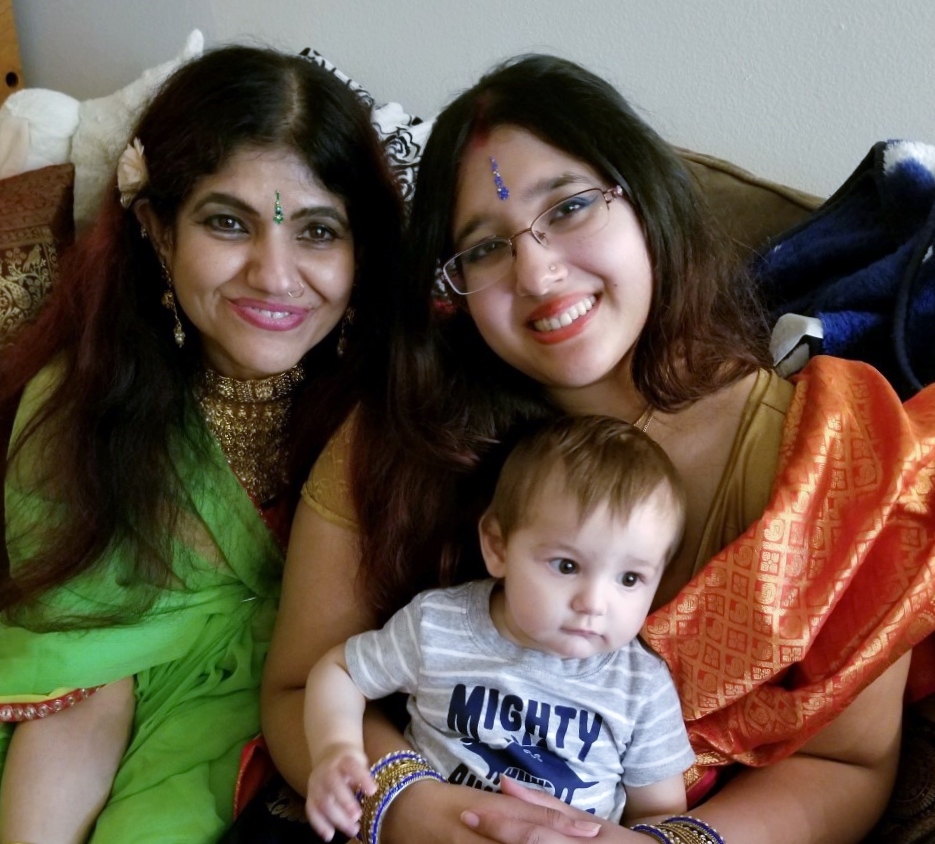
Family counseling is based on the belief that the family is a unique social system with its own structure and patterns of communication. These patterns are determined by many things, including the parents’ beliefs and values, the personalities of all family members, and the influence of the extended family (grandparents, aunts, and uncles). As a result of these variables, each family develops its own unique personality, which is powerful and affects all of its members.
Any change in one member of the family affects both the family structure and each member individually.
For those families seeking support, Emmaus’ family specialized therapists offer varied techniques and therapeutic approaches to work with their families to enhance their lives as a family unit.
How Therapy Can Help
- Teaches family members about how family’s function in general and, in particular, how their own functions.
- Helps the family focus less on the member who has been identified as ill and focus more on the family as a whole.
- Helps to identify conflicts and anxieties and helps the family develop strategies to resolve them.
- Strengthens all family members so they can work on their problems together.
- Teaches ways to handle conflicts and changes within the family differently.



Issues Where We Can Help
- The parents have conflict within their relationship.
- A child has behavior or school problems.
- Children or teens have problems getting along with each other.
- One family member has a long-term (chronic) mental illness or substance abuse problem, such as severe depression or an alcohol use problem.
- Family therapy can also be useful before problems begin. Some families seek this type of therapy when they anticipate a major change in their lives. For example, a man and woman who both have children from previous marriages may go to family therapy when they marry to help all family members learn how to live together.
What to Expect at Your First Therapy Session
During the initial session, your family members will meet their therapist and can ask questions about the counseling process, including topics like confidentiality amongst family members. Their therapist will discuss the concerns that led your family to seek counseling and may ask several questions to better understand the situation. They will also clarify your families’ goals for counseling. At the end of the first session, the therapist will propose a plan and provide recommendations. If all parties agree that continued sessions are appropriate, the therapist will arrange the next appointment. Session frequency will be determined based on the nature and severity of the presenting concerns.
To get started, please call our Scheduling Coordinators at 425.869.2644, ext. 0.
